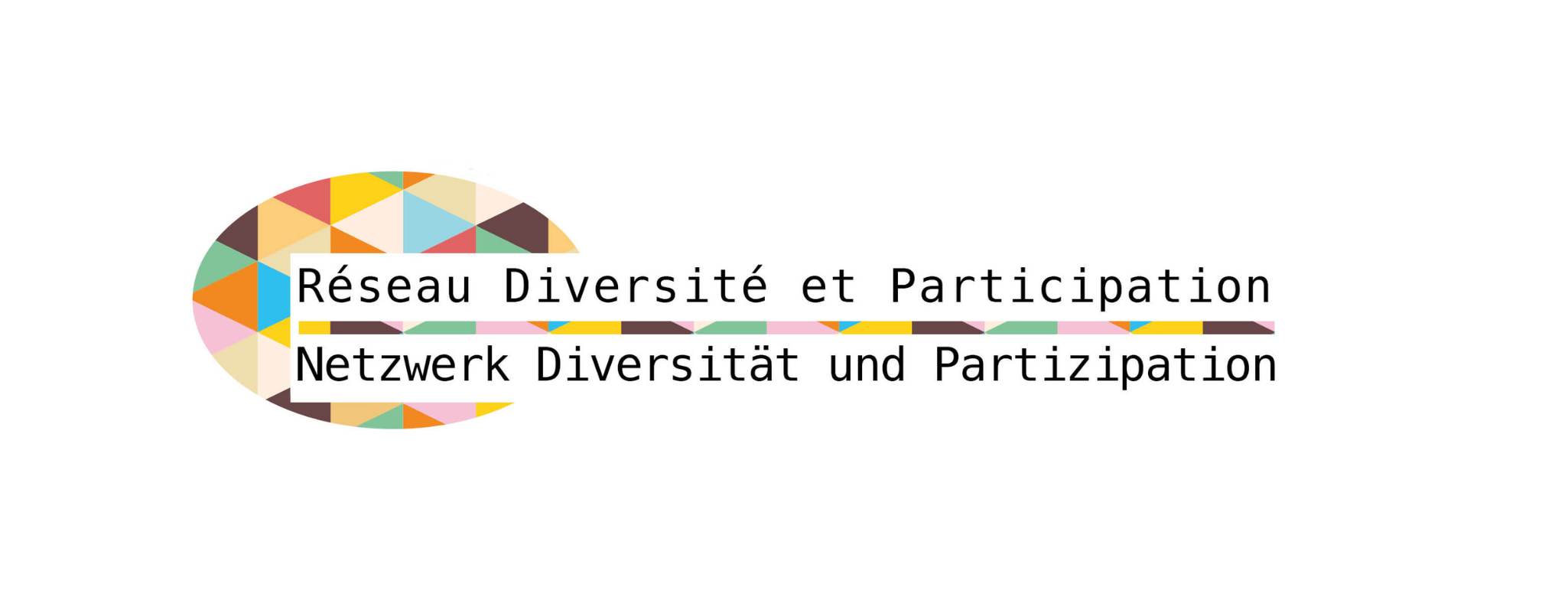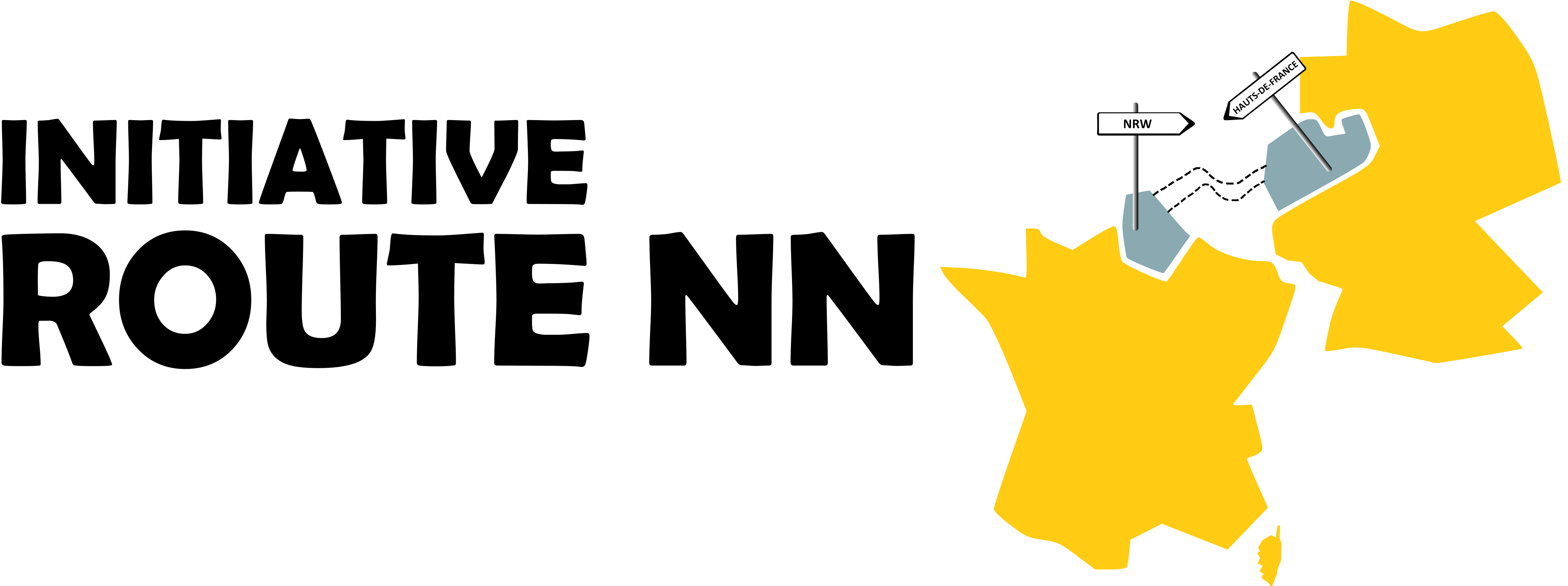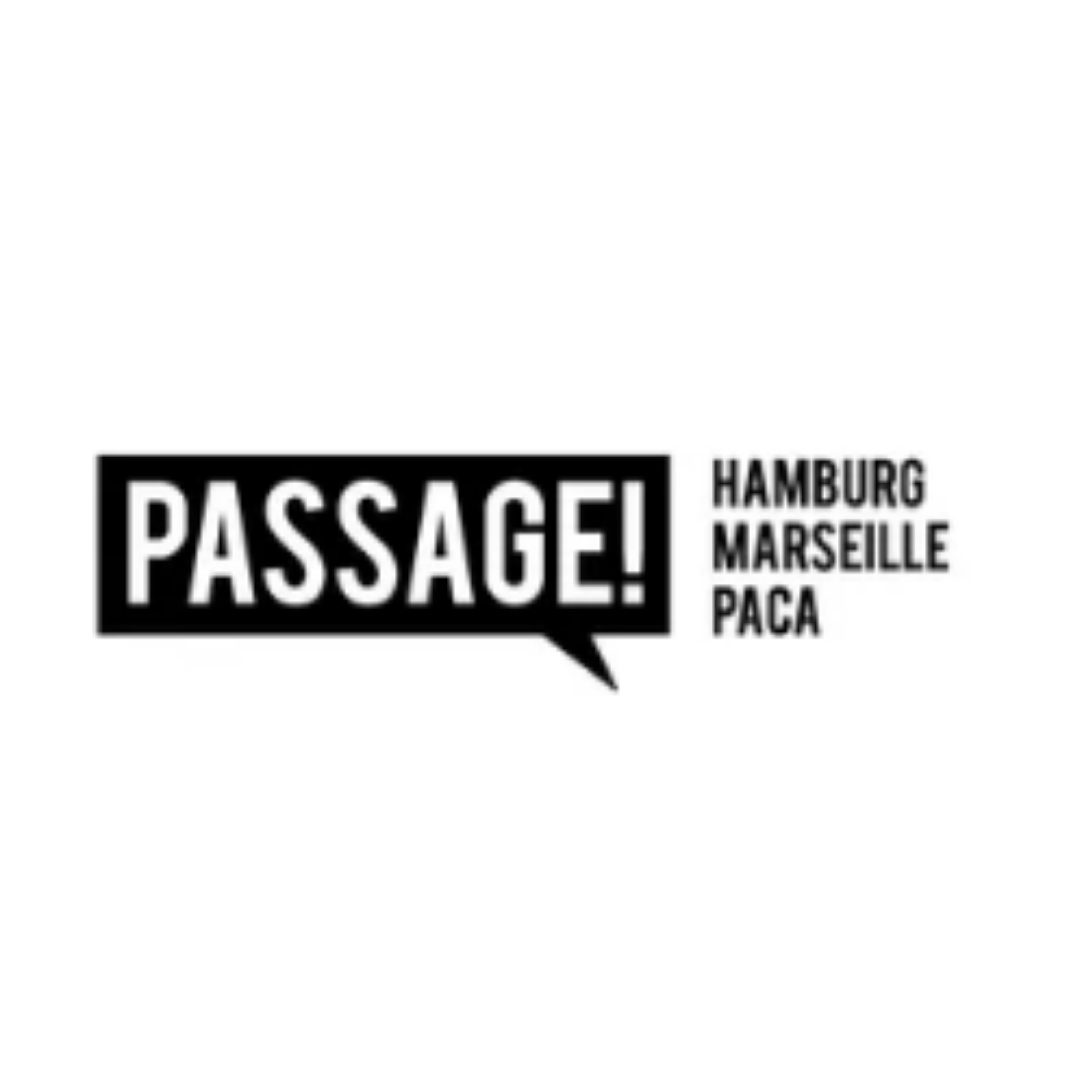Scientific studies show: Not all young people have the same opportunities to participate in a Franco-German exchange or an international mobility programme. Financial difficulties, geographical distance, disabilities, lack of information ... The life situations of young people are varied, and so, too, are the problems and challenges they face.
The commitment by the FGYO and its partners on behalf of diversity and participation date back as early as the 1970s. At the time, more and more young people were feeling the effects of mass unemployment. It’s a long story. But here comes the short version!
2006 marked the launch of the first ‘Diversity and Participation’ network – which originally went by the name of ‘Integration and Equality of Opportunity’. The context in both countries at the time was characterised by social tensions that affected young people as well. Already in 2007, a partnership was created between Clichy-sous-Bois and Neukölln – two locations that had been particularly hard by youth unemployment and social problems – and projects for school exchanges were launched immediately after that.

Over the years, the network grew to include more than 100 institutions in youth and social work in Berlin/Brandenburg and Paris/Île-de-France. The mission of this network: To show young people who to date have had no or only difficult access to mobility programmes how they can take part in Franco-German or trilateral exchange projects.
But why a Franco-German exchange, of all things? The answer is quite simple: Experiences gained in another country offer great added value for participants’ own personal development. The benefits include the acquisition of intercultural skills, language proficiency and adaptability, among other things.
The advantages of such a network are clear: A networking of professional structures that are locally anchored and that centre around the target groups they serve.
Diversity is in high demand
In 2011, more than 3,000 young people came to ‘Paris-Berlin’ a hip-hop festival held on the grounds of the former Berlin-Tempelhof Airport. In a pilot project begun in 2012, the ‘neighbourhood mothers’ from Berlin-Neukölln have been sharing ideas with the socio-cultural mediators known as femmes-relais from Clichy-sous-Bois. And since 2017, another project, ‘Three Countries, Six Languages’, has brought together young deaf and hearing-impaired people from Germany, France and Poland.
Diversity and participation have ranked among the main themes of the FGYO since 2015. The FGYO has raised the share of young people with ‘special needs’ who participate in its programmes to at least 20 percent. This target was achieved for the first time in 2020, with a share of 21.29%.
The effort to create networks of specialists and multipliers has been intensified as well. The network approach has been an inspiration to a great many partners from a variety of regions and federal states. Participating organisations apply their own goals and methods to ensure growth in the target groups as they promote the sharing of best practices in the youth and social sectors.
The Diversity and Participation networks
‘Diversity and Participation’ network between Berlin/Brandenburg – Paris/Île-de-France
The ‘Route NN’ initiative
Network: PASSAGE! Hamburg-Marseille-PACA
‘Diversity and Participation’ network between stakeholders from Hesse in Germany and Nouvelle-Aquitaine in France
‘Diversity and Participation’ network between stakeholders from Saxony in Germany and Occitanie in France
So now what do you say? Is it really always the same people who get to go abroad?
Point of contact at the FGYO:
Lisa Kenning
kenning@dfjw.org
+49 30 288 757 71



